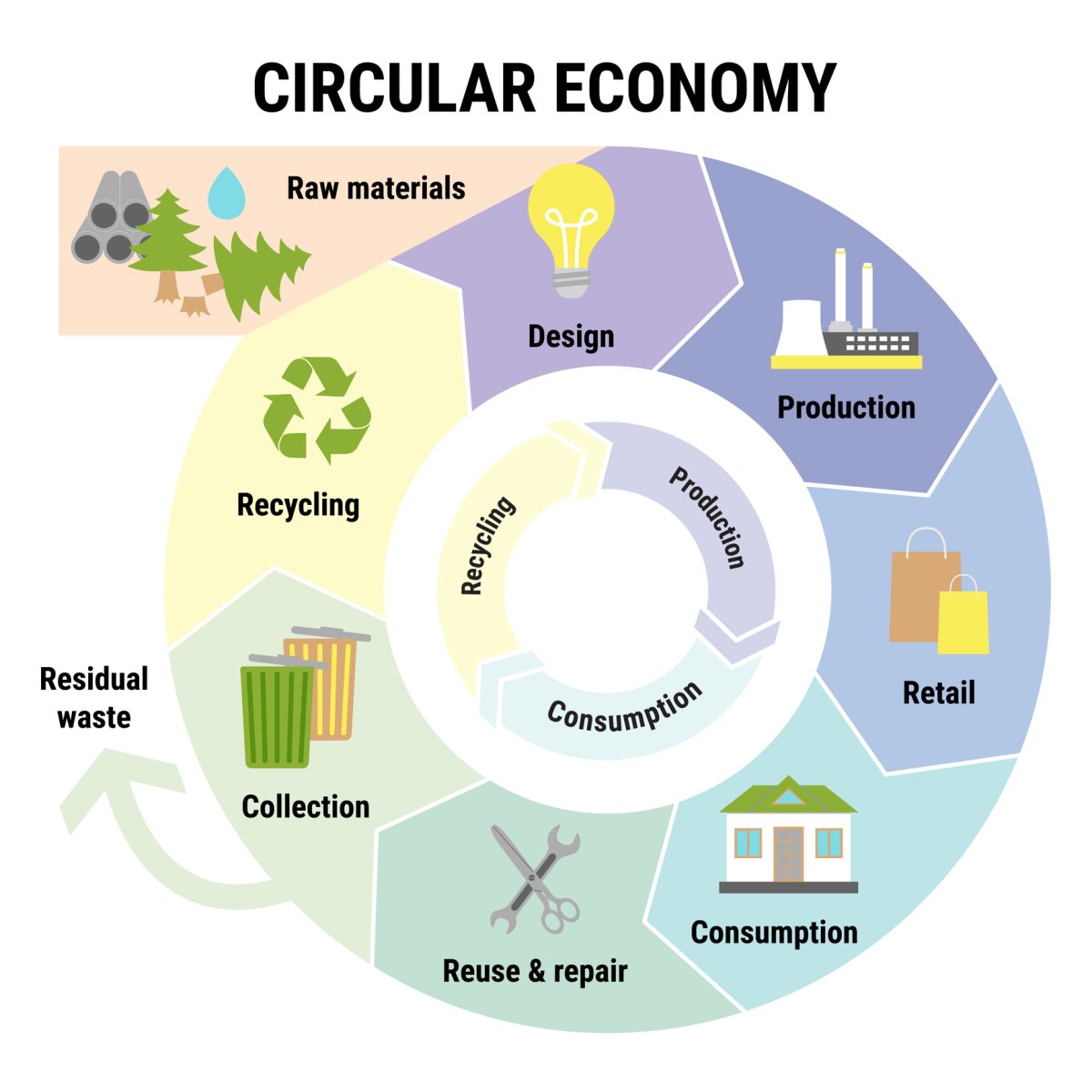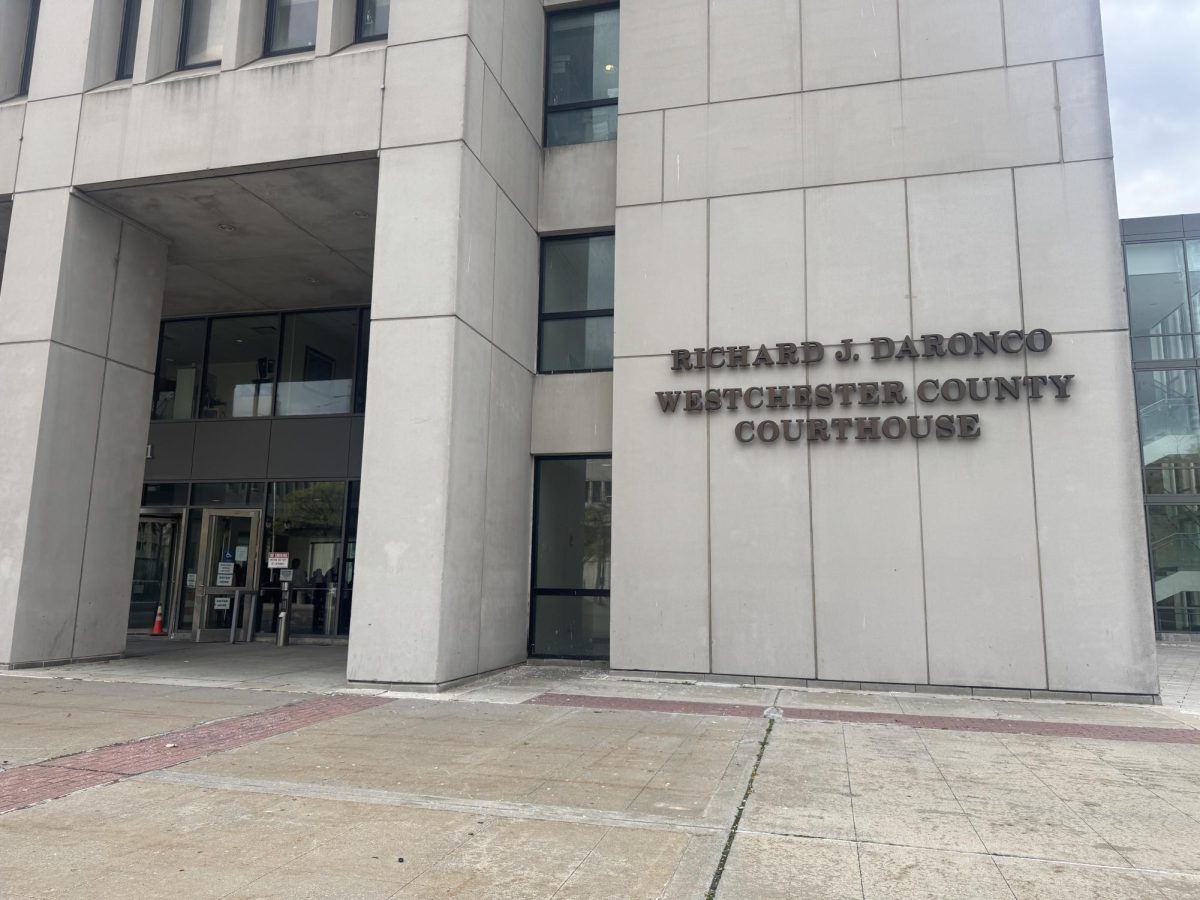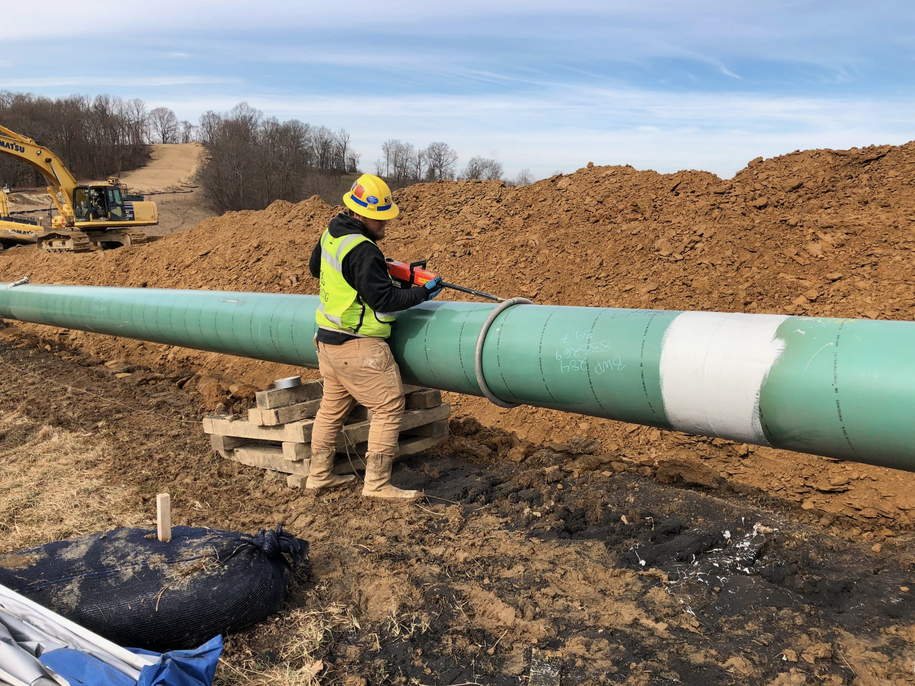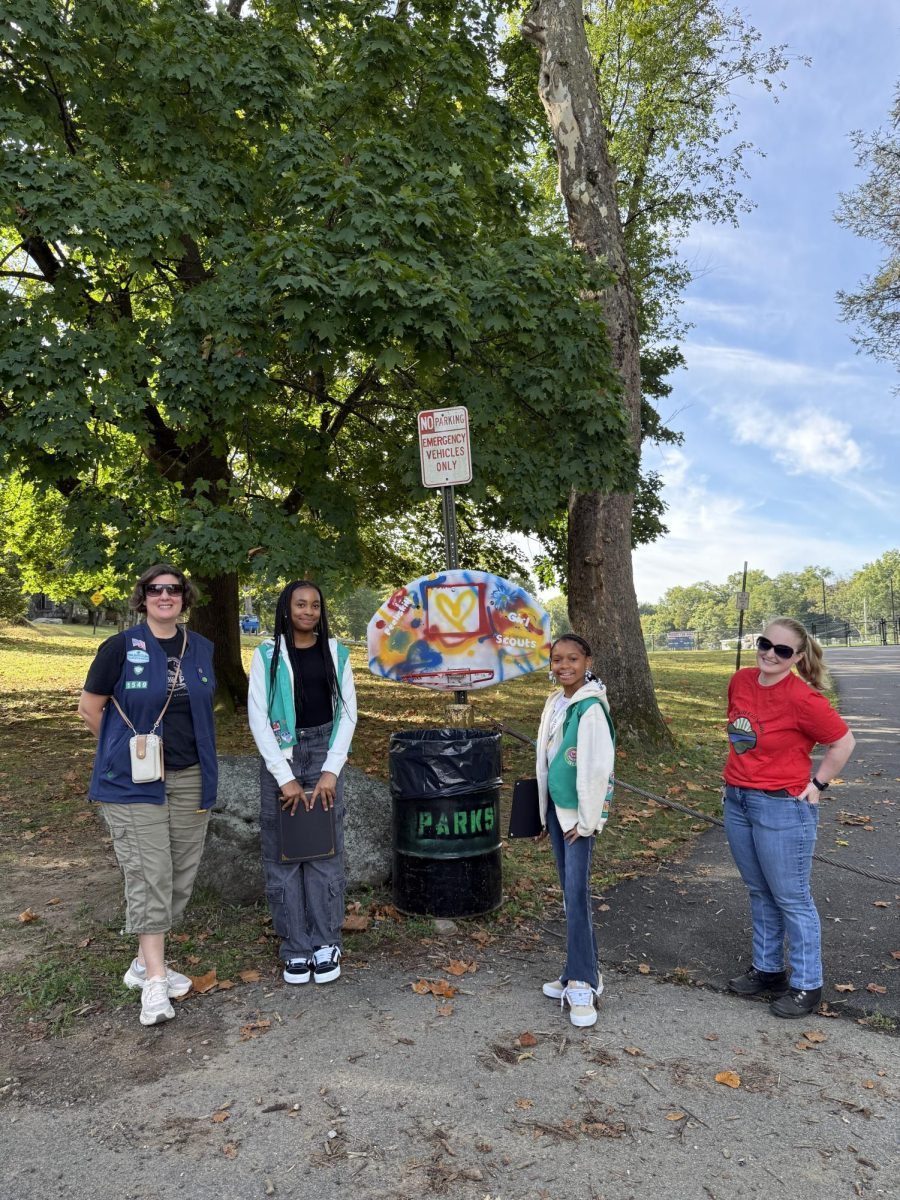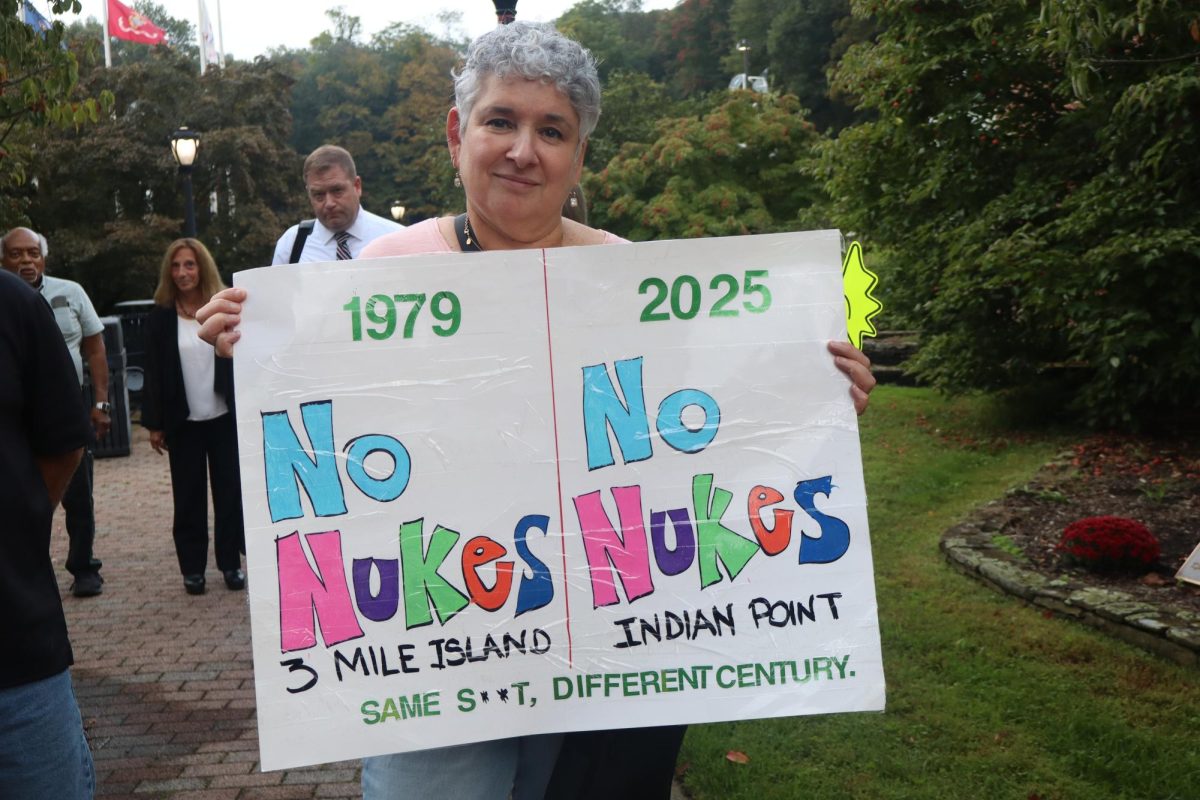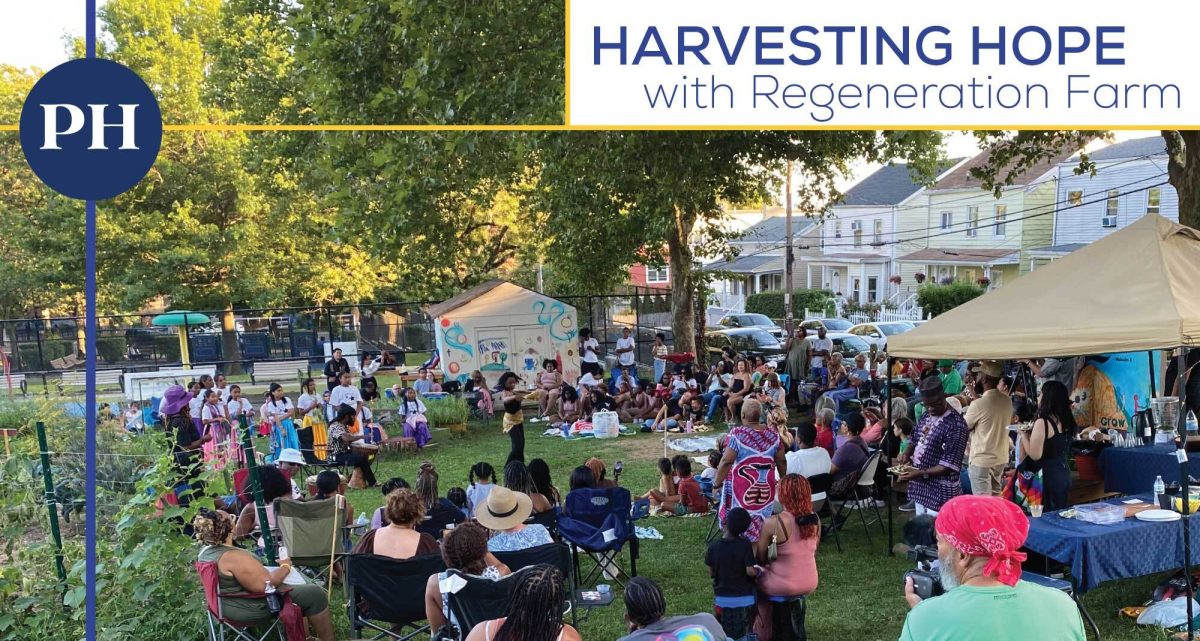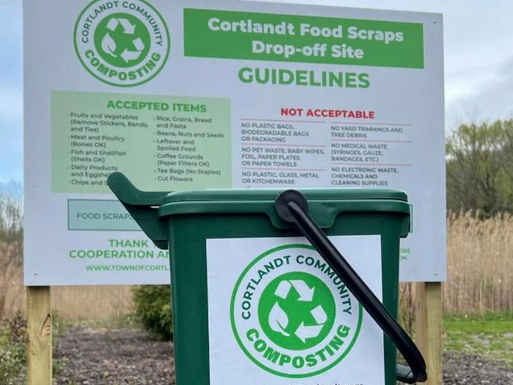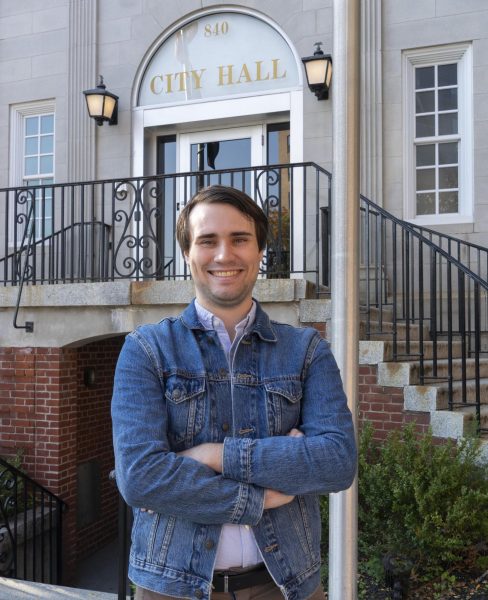Last January, an environmental group took a victory lap after Westchester County included $90,000 in its budget for a waste reduction study. A year later, WASS (Westchester Alliance for Sustainable Solutions) isn’t ready to celebrate as it raises questions about how the study is being handled.
The six-month waste reduction study will be completed in the second quarter of this year. The recipient of the $90,000 contract is Barton & Loguidice, a Syracuse based multidisciplinary consulting law firm.
However, some environmentalist groups have criticized lack of discussion and focus of the study on the county’s largest source of air pollution: the Win Waste (formerly Wheelabrator) Westchester trash incinerator.
The Parks & Environment Committee from the county’s Board of Legislators met on Tuesday, Jan. 7, to provide an update on the study, which kicked off in fall 2024.
A day after the Board of Legislators meeting, the Westchester Alliance for Sustainable Solutions (WASS), an alliance of community organizations seeking to close the Win Waste Westchester waste-to-energy facility, held a Zero Waste Task Force virtual meeting to discuss the study.
Courtney Williams, founder of WASS, expressed disappointment that the county opted to call it a “waste reduction” study rather than a “zero waste” study, which her alliance wanted. Williams criticized the study for focusing on residential waste and not setting a goal of ending reliance on incineration.
“They are doing their best to avoid discussing the incinerator at all,” Williams said. “They will not say that this study is to reduce waste going to the incinerator or otherwise anything having to do with the incinerator at all. They don’t want to mention it.”
First Deputy Commissioner of the county’s Department of Environmental Facilities Lou Vetrone said the study is designed to provide a framework for comprehensive waste reduction strategies for the next 10 years to help meet the state’s goal to reduce landfilling and combustion by 40 percent by 2030 and 85 percent by 2050.
The scope of the study includes incorporating Zero Waste principles, evaluating all associated implementation and operating costs for initiatives the firm recommends, evaluating environmental impacts, including greenhouse gas effects, and identifying strategies that may require state legislation.
“We ended up selecting Barton & Loguidice [which] has vast experience in very similar projects, not just in New York State, but also around the country,” Vetrone said of the firm that has completed zero waste analysis and a zero waste program in Maryland, as well as an organics management study for Yale University.
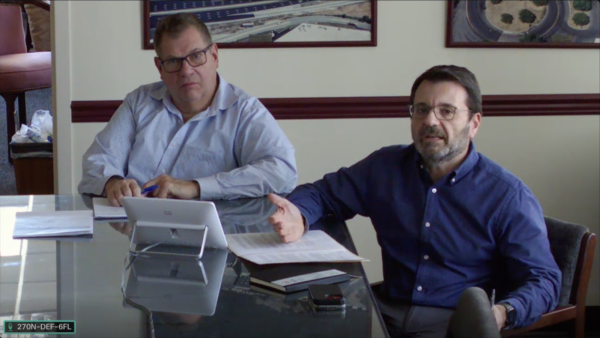
One of the main focuses of the study is looking at big ticket items like food waste and organics and where to put them, Vetrone said, adding that the county is seeking to site a larger compost center.
Vetrone said there would be a public input component, with meetings in February, as well as meetings to solicit input from environmental interest groups and municipal officials. There is a waste reduction survey open to county residents that is on the Board of Legislators’ website and Facebook page.
County Legislator Erika Pierce (District 2), Chair of the Board of Legislators’ Parks & Environment Committee, said that, similar to the Climate Leadership and Community Protection Act, the county should address unacceptable disproportionate burdens on disadvantaged communities and potential environmental justice communities.
According to Vetrone, the strategies in the study must consider the health and safety of the public in all instances for suggested proposals and reports on food conservation, greenhouse gas emissions, and economic and environmental justice issues.
County Legislator Emiljana Ulaj (District 9) asked how meeting the goals of the waste reduction study would affect the county’s contract with Win Waste in terms of how much waste the county gives annually to the plant at Charles Point in Peekskill. According to Vetrone, while they are obligated to give waste, there is no minimum to give.
“If we went from 350,000 tons to 50,000 tons next year, there’s no effect on the contract, other than it saves us millions of dollars,” he said. “The more we avoid sending there, the district does save money. There’s some savings, the way we structured it in the county, to recycle, so there’s financial incentive.”
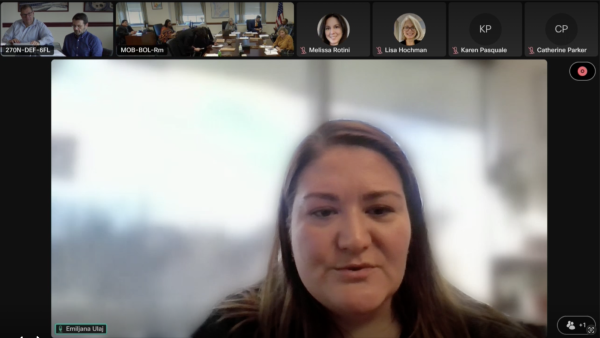
County Legislator Colin Smith (District 1), whose district includes Peekskill, did not respond to Peekskill Herald‘s request for comment.
Fears the study is wasting its budget
Williams of WASS feared that the study would waste its $90,000 budget and land on recommendations for more educational programs for residents about diversion programs that already exist, rather than actually implementing systemic changes to get the county to zero waste. She also shared concerns about there being zero public input on the process.
“If they are going to be holding these public input sessions before the study is complete, what are we giving input on?” she said. “We didn’t have input on the [request for proposal] in the scope of work. We’re really concerned about this.
New York State Assemblywoman Dana Levenberg (Assembly District 95), who attended the task force meeting, offered to help with the waste study if needed.
“I’m glad to hear that there are legislators who are trying to figure out how to make that study useful,” Levenberg said. “It is too bad that we’re not looking at zero waste. But I guess everything is a start and I don’t know what went into getting it or calling it waste reduction versus zero waste.”
Legislator Pierce described organics and food waste as important, low-hanging fruit.
“We need to move beyond composting, which is lovely, but we need to move forward to the next stage,” Pierce said. “So this is all critical for that. Then there’s all sorts of other waste beyond the food waste which we have in Westchester County, and we have to figure out how to reduce that.”
Neil Seldman, director of Zero Waste USA’s Recycling Cornucopia Program, also criticized the study and how it is being conducted. He spoke to the Herald about several incinerators across the country that were shut down, including one in Minneapolis, where he helped community organizers create a plan. He pointed out that his organization charged $30,000 to the Minneapolis community, or one-third the budget of the Westchester waste reduction study.
“My evaluation of what’s going on is that they’re being paid $90,000 to come up with a source reduction plan that is basically common knowledge and should take a consultant about $10,000 worth of their time to document what the best cities in the country are doing to get to 70 and 80 percent recycling, composting and reuse,” Seldman said.
Barton & Loguidice did not respond for comment.




